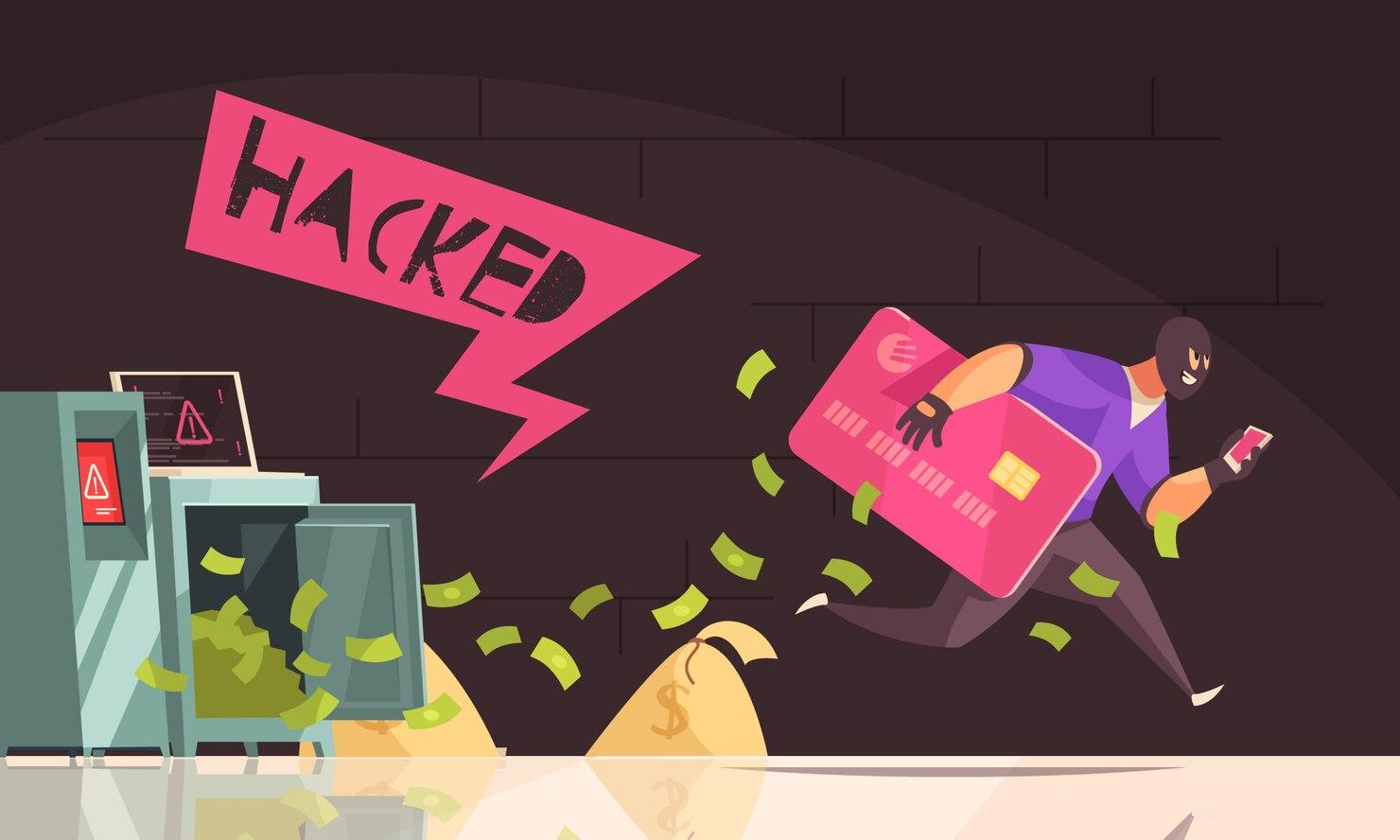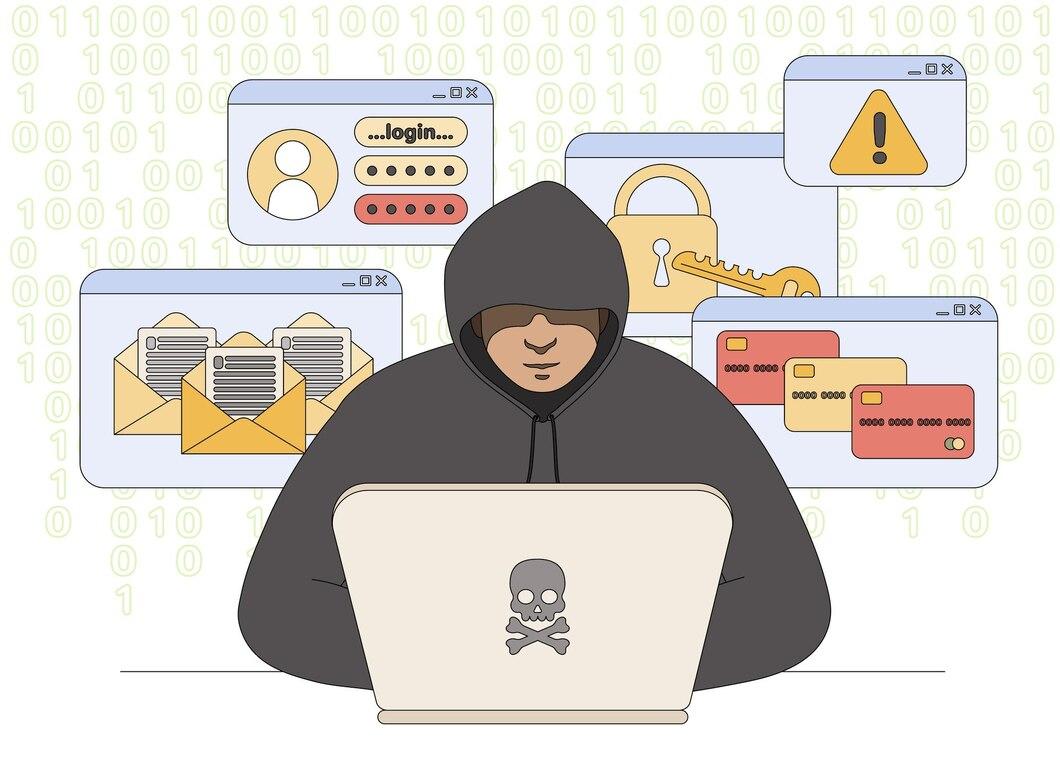Freelancing has undoubtedly become one of the most popular ways to earn money online. Thousands of people are searching daily for remote job opportunities to earn income while working from home. However, with the growing popularity of this work format, the number of fraud cases is also increasing.
Fraud in Freelancing: Main Types
Fraud on freelance exchanges can be classified into several categories. Let's highlight the main ones to understand what freelancers might encounter.
Fake Employers
On many freelance exchanges, such as Upwork and Fiverr, you can find fake employers who create fraudulent accounts. They post attractive job offers with high payment rates that, at first glance, look like great opportunities. However, in most cases, these employers have no real intention of making a work agreement.
Fake employers may offer freelancers to pay an advance or buy a non-existent product. After receiving the payment, they disappear, leaving the freelancer in the dark. To avoid fake employers, it's important to carefully analyze reviews from other freelancers, check account activity, and study the work history.

Advance Payment Scams
Another common type of fraud on freelance exchanges is advance payment scams. Some employers may ask freelancers to pay part of the amount upfront, promising to pay the remaining part after the work is completed. Eager to secure a job, many freelancers agree, not suspecting that this could lead to significant financial losses.
To avoid such situations, it is recommended not to trust employers who require an advance payment. Reliable platforms often have payment protection that allows the payment issue to be resolved only after the work is completed. It's important to remember that an advance payment may signal fraud, and the best decision would be to reject such offers.
Fake Freelancer Reviews
It is important to remember that reviews play a crucial role in choosing a freelancer or employer on freelance platforms. However, many scammers use fake reviews to create a false impression of themselves or their services.
Freelancers can create multiple fake accounts and leave positive reviews for each other, creating an illusion of a high reputation. Such fake reviews can be misleading. To protect against fraud, it is important to pay attention not only to the number of reviews but also to their quality and detail. Detailed reviews with specific examples are more likely to be reliable.

Scams on Freelance Exchanges: How to Recognize Them
Every year, scammers become more sophisticated in their methods. However, there are universal signs that can help freelancers recognize scams at an early stage.
Quick and High Earnings
When a job offer seems too good to be true, it probably is. If an employer promises high pay for simple tasks, it is worth being cautious. Before agreeing to such terms, a deeper analysis should be conducted.
Unclear Work Conditions
If an employer does not provide clear work conditions, this can be a serious red flag. Attention must be paid to the requirements and expectations of the project. Vague or overly general instructions can also be a sign that the employer has no real intentions.
Suspicious Links and Files
It is important to be cautious with any links sent by an employer. Scammers often use phishing sites or send infected files. If something seems suspicious, hold off before clicking on the link or opening the file. Moreover, using antivirus software will help detect malicious software.
Lack of Video Calls
Modern technology makes it easy to establish visual contact. If an employer refuses to conduct video calls or remote interviews, although necessary for the workflow, this may be a sign of fraudulent intent. Reliable employers are always ready to communicate with operators in real-time.

Protection Against Freelance Scams
Protection against scams on freelance exchanges requires the regular application of several simple yet effective strategies.
Use Verified Platforms
The first step to safe freelancing is choosing reliable platforms. Upwork, Fiverr, and Freelancer are well-known sites with good reputations and user protection systems. They offer various protective mechanisms, such as the ability to dispute payments. By using such platforms, you can significantly reduce risks.
Reject Suspicious Offers
In the early stages of work, it is important to learn to refuse potential employers if their offers seem suspicious. When approached with low rates for complex projects, it is necessary to refuse to avoid potential loss of time and money. If you feel that the collaboration may not turn out successfully, it is better not to agree to the project.
Check Reviews and Reputation
When choosing an employer, always refer to reviews from other freelancers. Simply put, read everything written about the employer before you start working. Pay attention to the total number of reviews and their details. The more real reviews, the higher the likelihood that the employer is reliable.
Read the Terms of the Deal
Before starting work, always read the terms of cooperation. Clarity in the description of tasks, deadlines, and payment conditions will protect you from confusion. Do not agree to perform work and sign contracts if the terms are unclear and not fully specified.
Do Not Trust Personal Information
Never share your personal information, such as bank details, credit card numbers, and other data with employers, especially if they require this information as a work condition. Reliable platforms have payment protection systems that eliminate the need to share personal information with third parties.

Fraud on freelance exchanges is a serious problem that can negatively affect the reputation and financial situation of freelancers. Awareness of different types of fraud, the use of verified platforms, and constant adherence to safety rules are key factors that will help avoid deception.
Attention to detail, careful selection of employers, rejection of suspicious offers, and protection of personal information are all important aspects of successful work in the freelance world.


